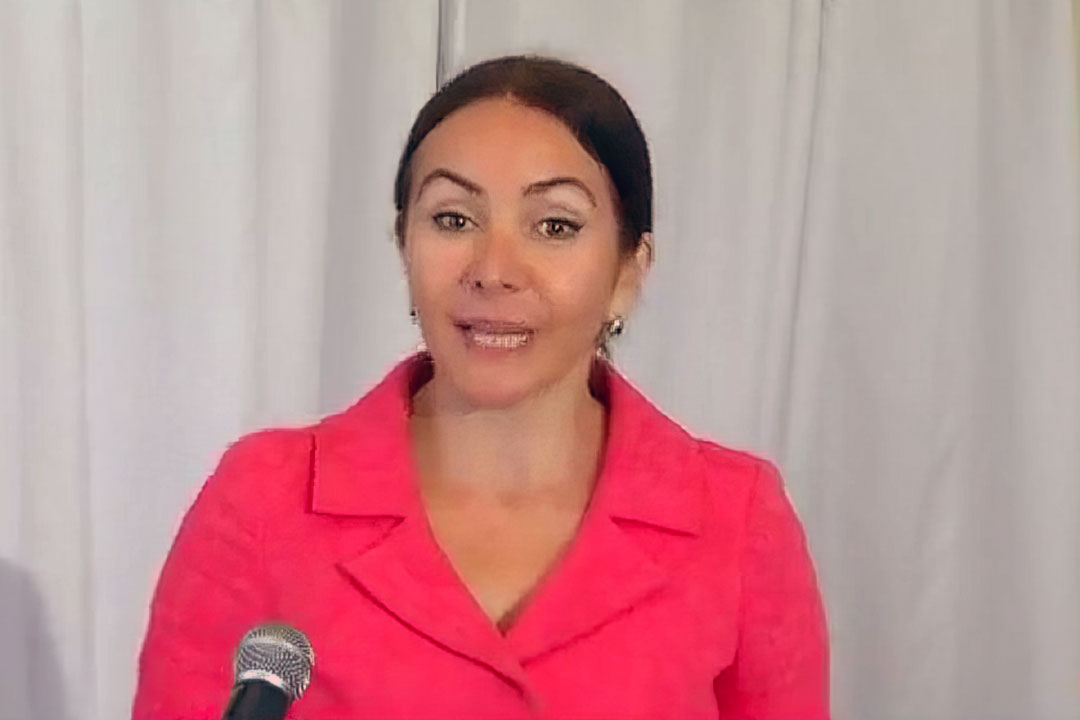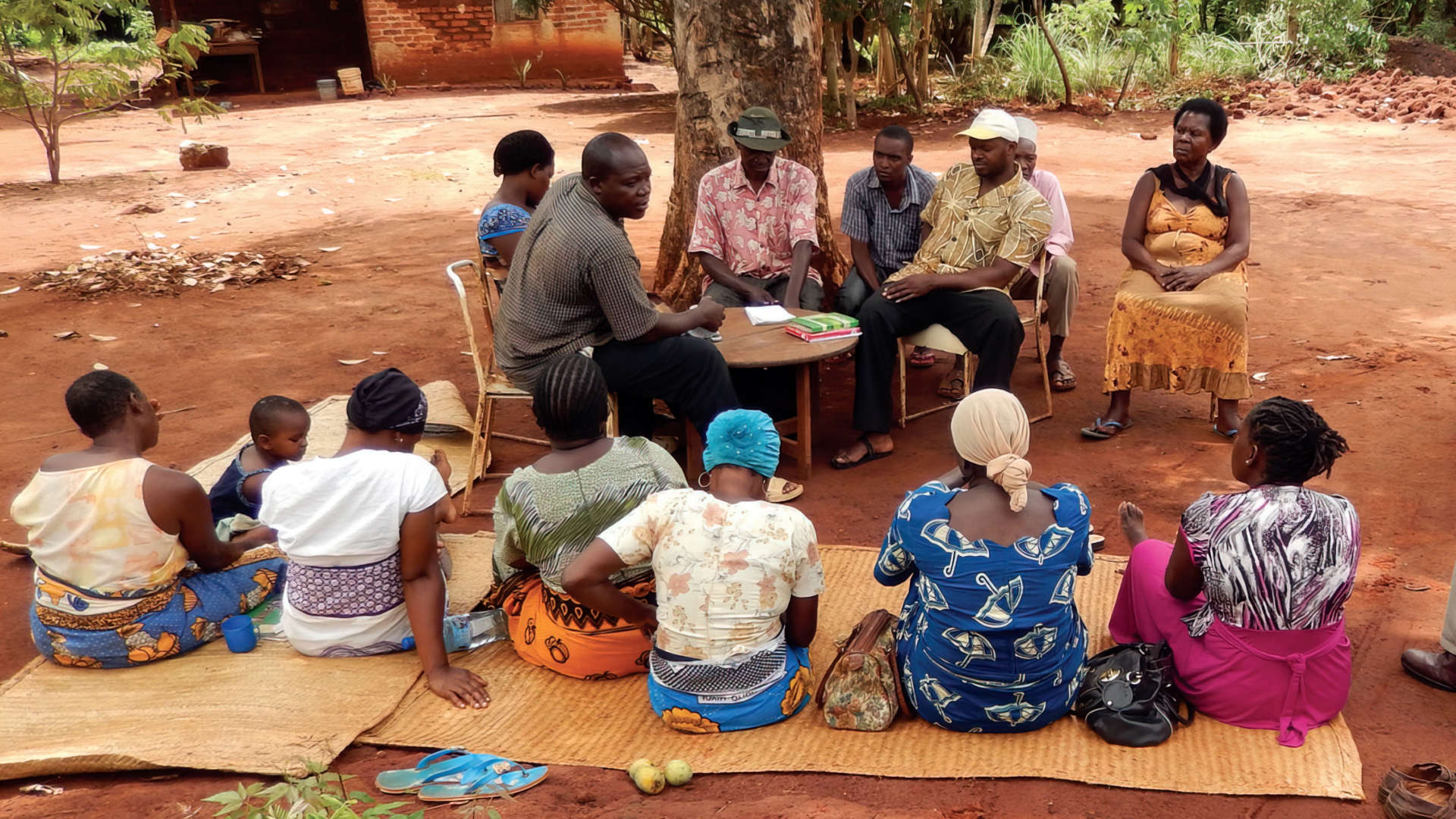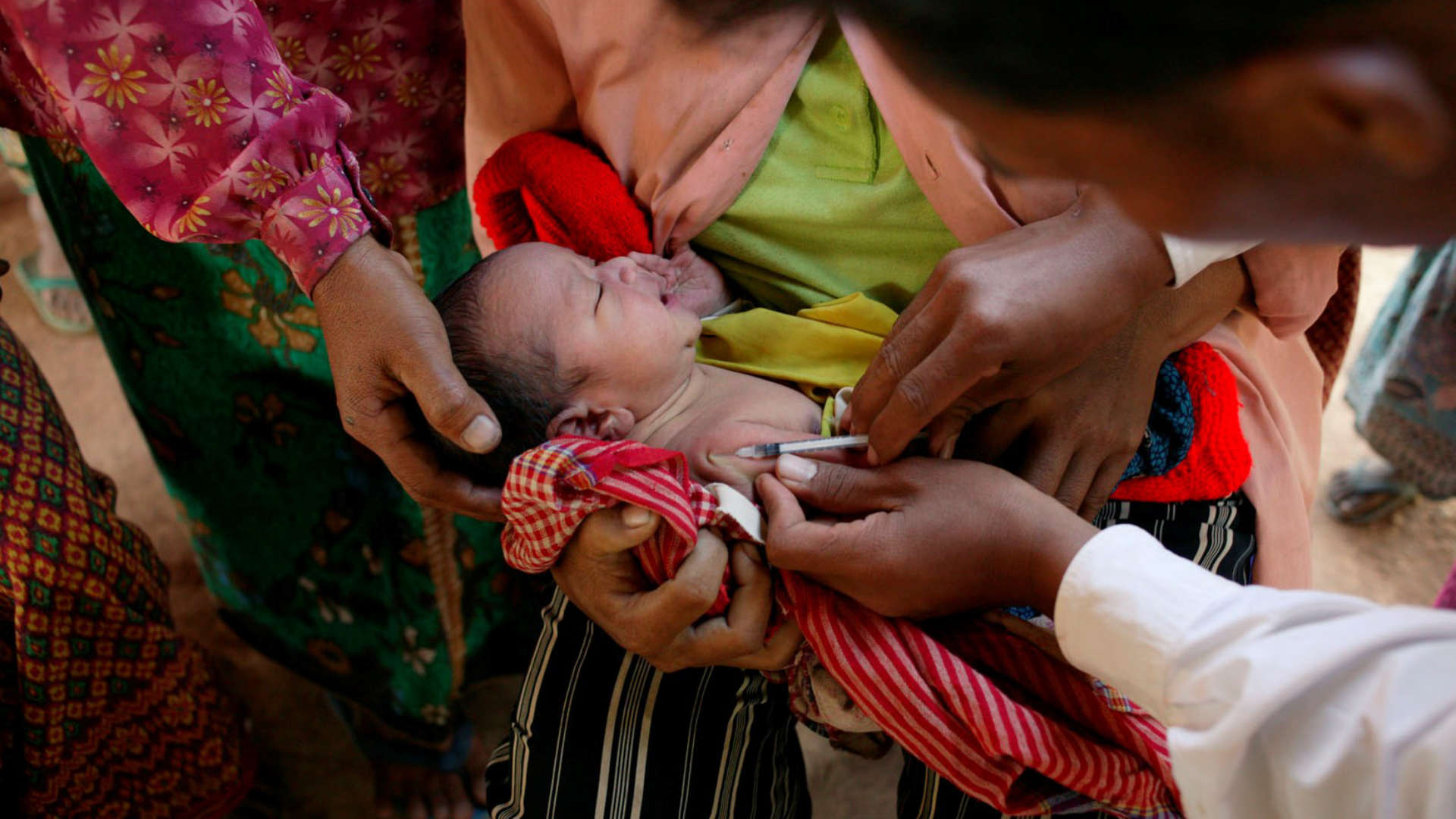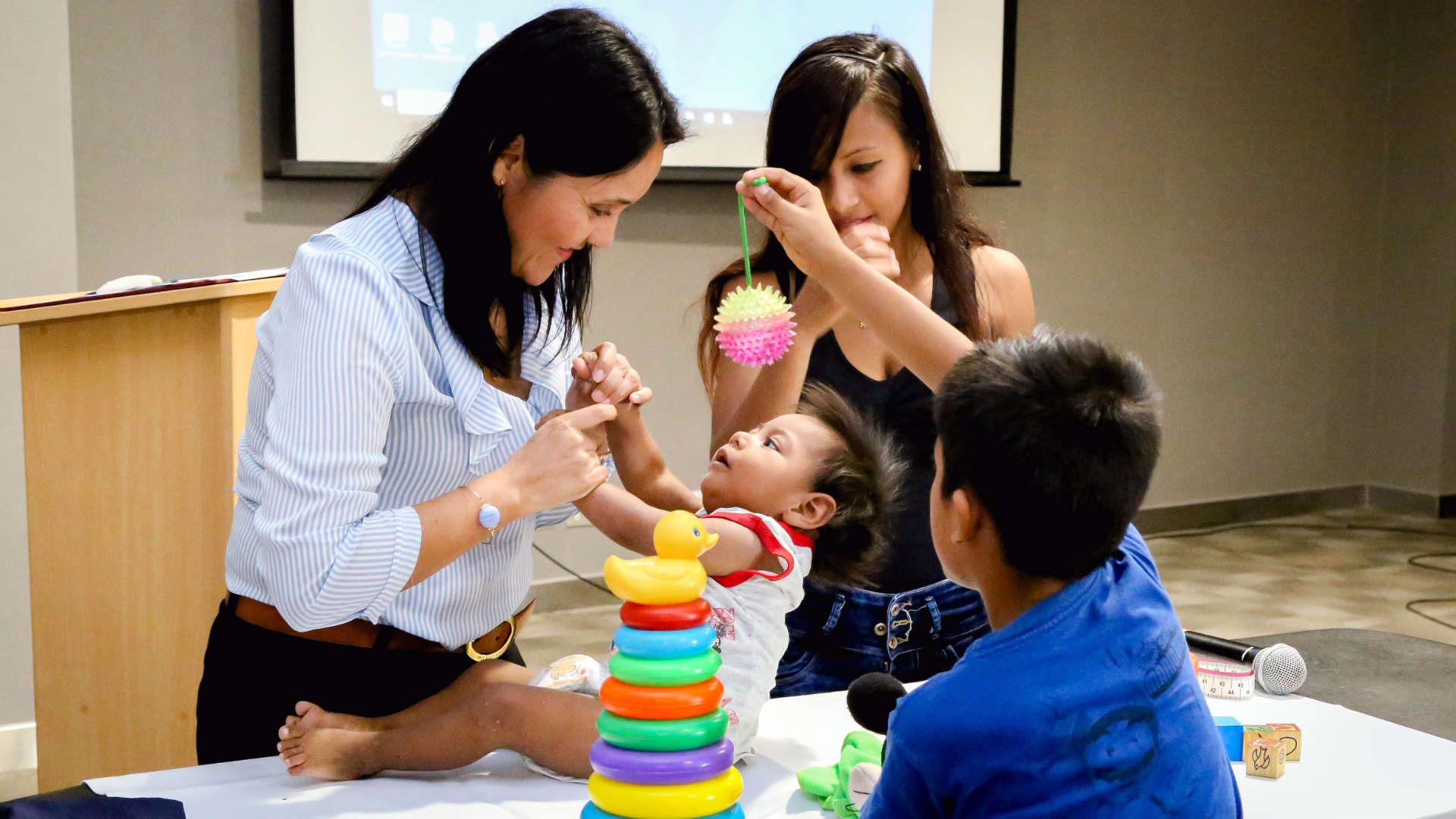The Zika virus can have devastating effects on the exposed child during pregnancy, including microcephaly, a birth defect in which babies are born with an unusually small head and other brain and eye anomalies. Developmental problems – ranging from learning difficulties to deafness, visual problems, and seizures – can occur.
While Zika has waned in the Caribbean and Latin America since the 2016 peak, scientists feel certain the disease will be back. Previous outbreaks of other viruses in the same genetic family as Zika, such as Chikungunya, have followed a similar pattern. Communities must be prepared. It is critical to closely monitor babies whose mothers were infected with Zika during pregnancy or who exhibit suggestive symptoms to identify and respond to their developmental needs in a timely manner.
The USAID-funded Applying Science to Strengthen and Improve Systems (ASSIST) Project has expanded its Zika portfolio of health systems strengthening activities to four Eastern and Southern Caribbean countries – Antigua and Barbuda, St. Vincent and the Grenadines, St. Kitts and Nevis, and Dominica – to help make sure these countries are providing the best services possible. The focus is on strengthening newborn and well-baby care systems so they can cope with future emergencies and improving care and support of children and families affected by the virus.
Work kicked off in Antigua with a three-day hands-on clinical and quality improvement training for over 40 health care workers with backgrounds in nursing, medicine, and epidemiology. Quality improvement teams, focused on improving the care and support services for children and families, are being formed in all 22 functional health facilities in Antigua, as well as at Mount St. John’s Medical Center, the national hospital in the capital city of St. John’s.
On an Antigua/Barbuda Broadcasting Services news segment, Dr. Tamar Chitashvili, ASSIST Senior Quality Improvement Advisor and Technical Team Lead for the work, explains that besides the establishment of quality improvement teams, health care workers are being trained in quality improvement methods and care of newborns and children affected with Zika; documenting and streamlining referral pathways for mothers and children; revising clinical guidelines/job aides, and improving documentation, assessment, and surveillance of children potentially affected with Zika.
The project will work very closely with country ministry of health teams at all levels, including district level coach-supervisors, frontline health workers, as well as with project partners to strengthen health systems and service delivery, particularly at hospitals, well-baby clinics, and early childhood development programs with a specific focus on improving care and support of babies and families impacted by the virus.



